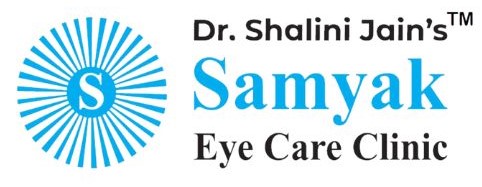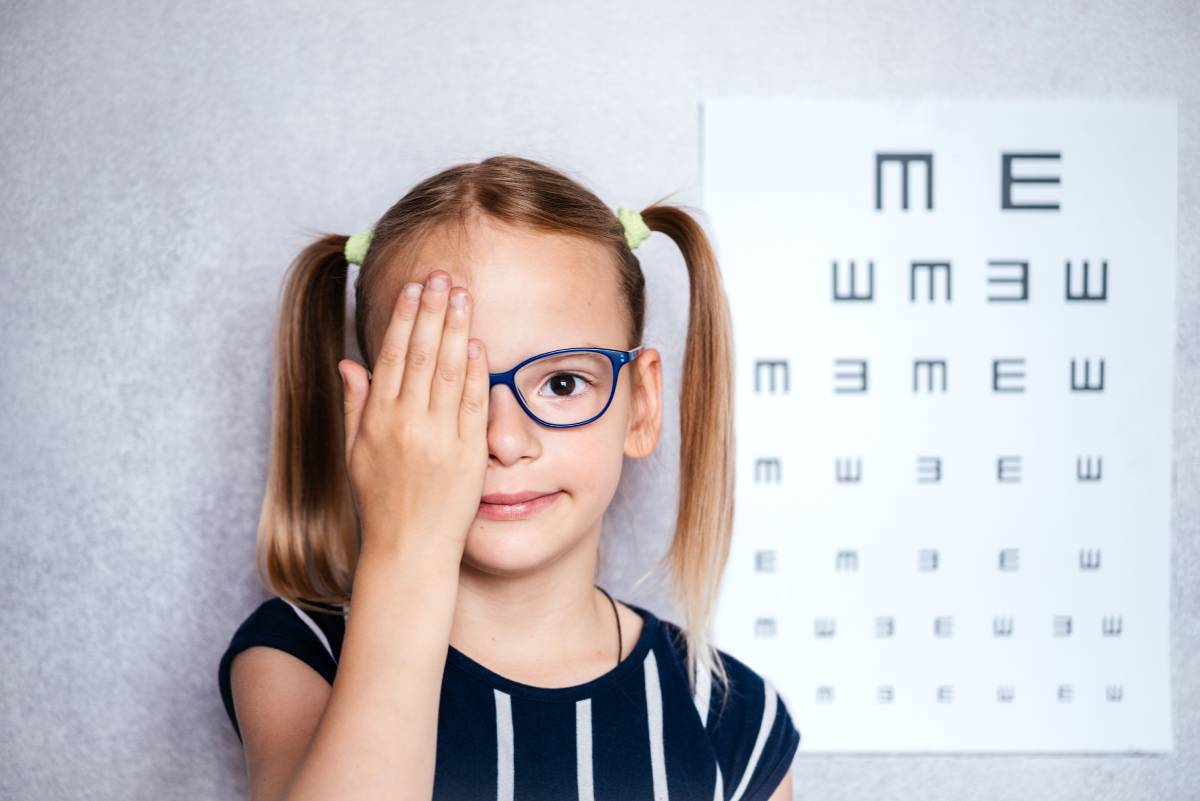Your child will be telling you when they are feeling bored, hungry or tired, but it won’t be the same when they are having any difficulties with their vision. Children are less likely to speak up when they suffer from myopia symptoms like needing to sit closer to the television, movie screen or the front of the classroom and having a blurry vision when looking at distant objects. Children don’t report these problems as they think that this is how everyone sees it.
As a parent, you may be concerned about which is the right age to start vision therapy for your child. Vision therapy is commonly recommended for children between the age of 5 and 6 years but infants as young as 3 years can also start benefiting from it. The visual skills of your child play a significant role in academic performance, self-esteem and behavioural development.
Children aged 7 years and above can get optimal results from formal in-office sessions as they have a better understanding of the instructions. Children can suffer from lazy eyes or problems like visual processing or focusing even if they have a 20/20 vision. It is difficult to identify many of the vision problems that can affect your child’s development and socialising skills.
What is the Right Age for Vision Therapy
While infants as young as 3 years can start with vision therapy, Dr Shalini Jain who is an expert eye doctor in Ghaziabad generally recommends advanced therapy for children at the age of 5 and above as they have necessary attentional and language skills. Adults of any age can gain depth perception through vision therapy as the brain has the flexibility to learn new skills.
How Vision Therapy Helps Your Child’s Vision
Vision Therapy can help children with a variety of vision problems like amblyopia, strabismus, binocular vision, focusing, tracking disorders and visual processing problems. Children who lack visual skills for effective reading, writing and learning may start vision therapy to improve their eye movements, eye-hand coordination and visual procession skills.
Treatment of Learning Related Visual Problems
Children who have learning difficulties due to vision problems may experience depression, anxiety and low self-esteem. Vision therapy will be prescribed along with special eyeglasses if your child is tested with a learning-related vision problem. Vision therapy can also be combined with remedial learning activities to address your child’s learning problems through a cooperative effort.
When to seek Vision Therapy for your child
It may not be easy to identify whether your child has a visual problem or whether their current level of visual skill is adequate to allow them to function successfully. In most cases, parents get to doubt of their child has vision problems when they struggle with their academic performance.
Check out for these signs of visual problems in your child:
1. Read better with a piece of finger or bookmark to help them keep their place.
2. Have frequent headaches at the end of the school days, but not on the weekends.
3. Hold reading material very close or bring their face very close when they write
4. The words seem to move or swim on the page or come in and out of focus when they are reading.
5. Loses their place or skips over words or lines when reading.
6. They have difficulty copying from the board and completing assignments on time.
7. Fatigue quickly, or experience headaches or eyestrain when reading or doing homework.
In most cases, you may not be able to realise that what they are experiencing is not normal. Convergence insufficiency is one of the many eye disorders that makes the brain preoccupied or distracted with the mechanics of reading. It is important to closely observe your child’s behaviour and ask them whether their eyes hurt, words move, double up or get fuzzy or they lose their place a lot while reading.
Vision problems are common among children, and if you think that your child is having a problem with the visual system you should make a consultation with us for an expert eye exam or a vision symptom questionnaire. If your child mysterious fall behind in school, it can potentially be a visual problem that can be treated with professionally supervised vision therapy exercises. In most cases, vision problems make children underestimate their capability to learn. Children who have normal intelligence and 20/20 vision can still struggle at learning due to a vision problem.
Optometric vision therapy is the therapy for the brain that uses the concepts of neuroplasticity to help the brain improve its ability to coordinate with the eyes. Most educational professionals are unaware of convergence insufficiency and other learning-related vision disorders. Children should be tested for these eye conditions rather than an eye health test or 20/20 acuity test. At Dr Shalini Jain’s Samyak Eye Care Clinic is known for providing the best vision therapy in Ghaziabad to correct their vision problems. Schedule an evaluation with Dr Shalini Jain, to know if your child can benefit from vision therapy.


